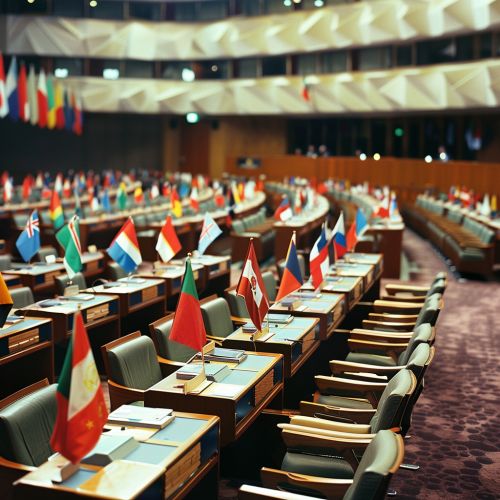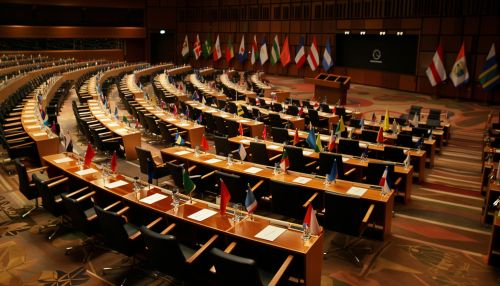United Nations Human Rights Prize
Overview
The United Nations Human Rights Prize is an international award conferred by the United Nations (UN) in recognition of outstanding contributions to the promotion and protection of human rights and fundamental freedoms. Established in 1966, the award is presented every five years as part of the commemoration of Human Rights Day, which falls on December 10.
History
The United Nations Human Rights Prize was established by the General Assembly of the United Nations in 1966, through Resolution 2217, to honor individuals and organizations that have made significant contributions to the promotion and protection of human rights and fundamental freedoms. The first award ceremony took place in 1968, marking the 20th anniversary of the Universal Declaration of Human Rights.


Selection Process
The selection of the laureates for the United Nations Human Rights Prize is carried out by a committee composed of the President of the General Assembly, the President of the Economic and Social Council, the President of the Human Rights Council, the Chair of the Commission on the Status of Women, and the United Nations High Commissioner for Human Rights. The committee reviews nominations received from a variety of sources, including Member States, specialized agencies of the United Nations, and non-governmental organizations in consultative status with the Economic and Social Council.
Laureates
Over the years, the United Nations Human Rights Prize has been awarded to a diverse group of laureates, including individuals, organizations, and movements. These laureates have made significant contributions to the advancement of human rights in various capacities, such as through advocacy, legal work, humanitarian service, and grassroots activism. Notable laureates include Martin Luther King Jr., Nelson Mandela, Malala Yousafzai, and Amnesty International.
Significance
The United Nations Human Rights Prize serves as a global recognition of the laureates' commitment and dedication to the cause of human rights. It aims to honor their contributions and inspire others to join in the efforts to promote and protect human rights and fundamental freedoms. The award also underscores the enduring importance of the Universal Declaration of Human Rights and the principles it embodies.
Criticisms
While the United Nations Human Rights Prize is widely respected, it has also faced criticisms. Some critics argue that the selection process lacks transparency, while others contend that the award has been politicized. There have also been concerns about the recognition of laureates who later faced allegations of human rights abuses.
